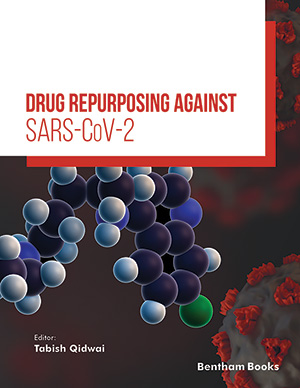Abstract
COVID-19 caused by severe acute respiratory syndrome coronavirus 2(SARS-CoV -2), has emerged as a global health problem. It was first reported in Wuhan city of China, in December 2019. Unfortunately, no specific and effective drug is available to treat SARS-CoV-2 infection in patients. There is an urgent need to control COVID-19pandemic. Research & development of novel molecules is a timeconsuming and labour-intensive procedure in the midst of a pandemic. The aim of drug repurposing is to find a therapeutically effective molecule from a library of pre-existing compounds. In the present article, a large number of anti-viral drugs with their potential efficacy in inhibiting replication of virus by targeting the virus S protein (Spike protein), 3-chymotrypsin-like protease (3CLpro), RNA-dependent RNA polymerase (RdRp) and papain-like protease (PLpro), which play an important role in the replication cycle and pathogenesis of coronaviruses, were assessed as possible treatment options against SARS-CoV-2 infected COVID-19 patients. The continuing SARS-CoV-2 epidemic emphasises the importance of efficient anti-viral medications that can be administered swiftly to decrease morbidity, death, and viral transmission. Several breakthroughs in the development of COVID-19 treatment options might be made by repurposing widely active anti-viral medicines and chemicals that are known to suppress viral replication of related viruses.
Keywords: Anti-viral drugs, COVID-19, Drug repurposing, Remdesivir, Replication, SARS-CoV-2.






















